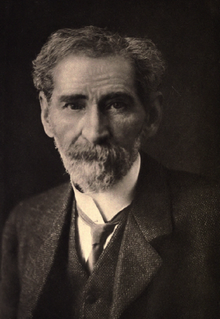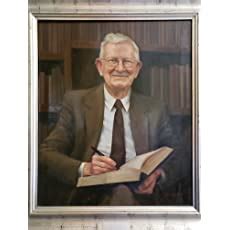A Quote by Charles Darwin
Blushing is the most peculiar and the most human of all expressions. Monkeys redden from passion, but it would require an overwhelming amount of evidence to make us believe that any animal could blush.
Related Quotes
But what, after all, is faith? It is a state of mind that leads people to believe something - it doesn't matter what - in the total absence of supporting evidence. If there were good supporting evidence then faith would be superfluous, for the evidence would compel us to believe it anyway. It is this that makes the often-parroted claim that 'evolution itself is a matter of faith' so silly. People believe in evolution not because they arbitrarily want to believe it but because of overwhelming, publicly available evidence.
I believe no satirist could breathe this air. If another Juvenal or Swift could rise up among us tomorrow, he would be hunted down. If you have any knowledge of our literature, and can give me the name of any man, American born and bred, who has anatomised our follies as a people, and not as this or that party; and who has escaped the foulest and most brutal slander, the most inveterate hatred and intolerant pursuit; it will be a strange name in my ears, believe me.
These days, however, the main problem comes from the right - from conservatives who, unlike most economists, really do think that the free market is always right - to such an extent that they refuse to believe even the most overwhelming scientific evidence if it seems to suggest a justification for government action.
Imagine the people who believe such things and who are not ashamed to ignore, totally, all the patient findings of thinking minds through all the centuries since the Bible was written. And it is these ignorant people, the most uneducated, the most unimaginative, the most unthinking among us, who would make themselves the guides and leaders of us all; who would force their feeble and childish beliefs on us; who would invade our schools and libraries and homes. I personally resent it bitterly.
The relationship between human and animal is wholly symbiotic. The person needs the animal for comfort and companionship, and the animal needs the love and caring of the human. It is a classic "win-win" situation. It sounds simple - and it is. That is why it works so well. In most cases, it will be remarkably spiritually uplifting to both human and animal.
All other passions build upon or flow from your passion for Jesus. A passion for souls grows out of a passion for Christ. A passion for missions builds upon a passion for Christ. The most crucial danger to a Christian, whatever his role, is to lack a passion of Christ. The most direct route to personal renewal and new effectiveness is a new all-consuming passion for Jesus. Lord, give us this passion, whatever the cost!
































